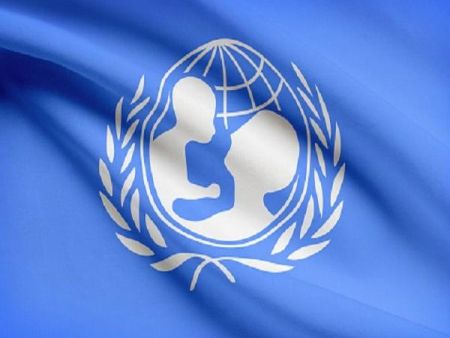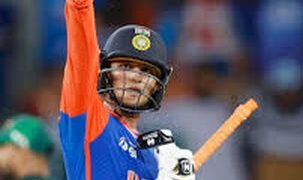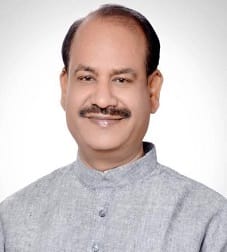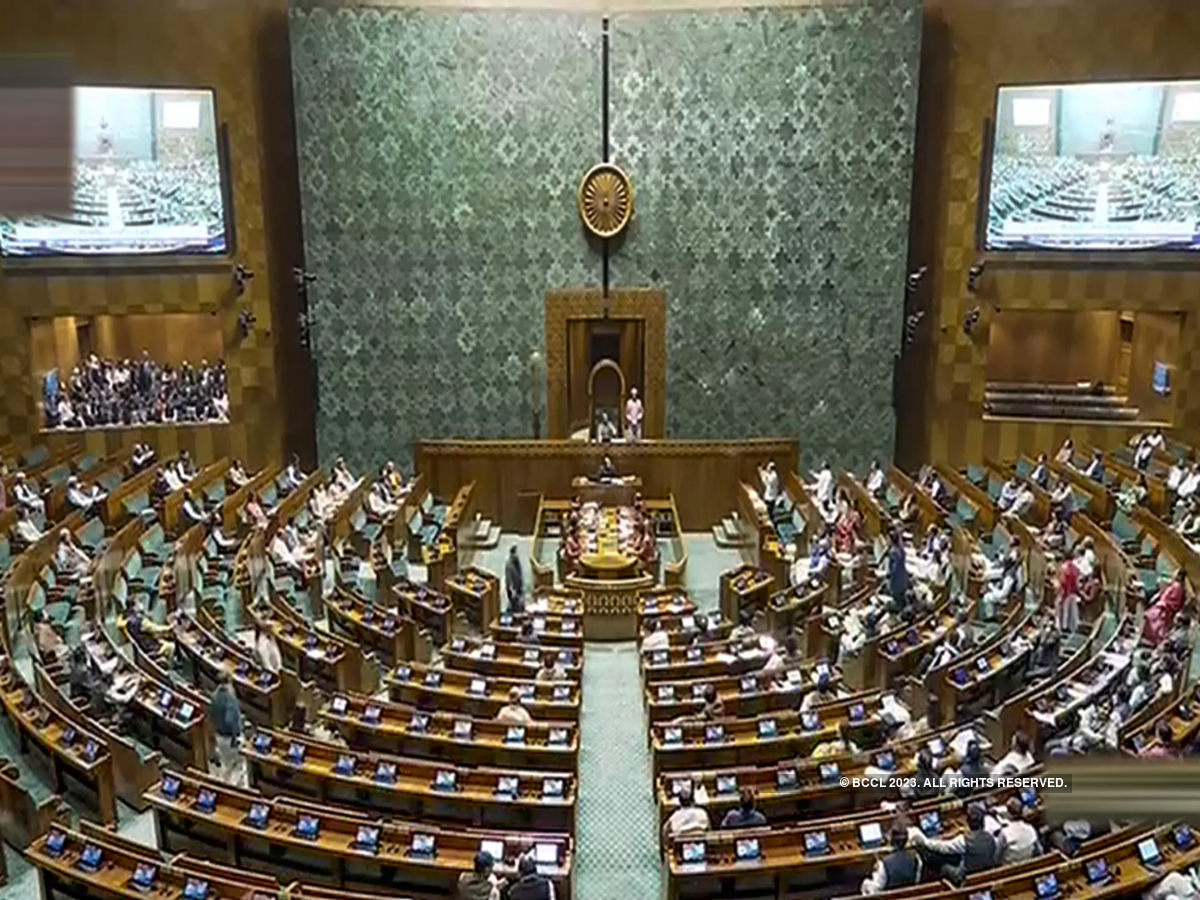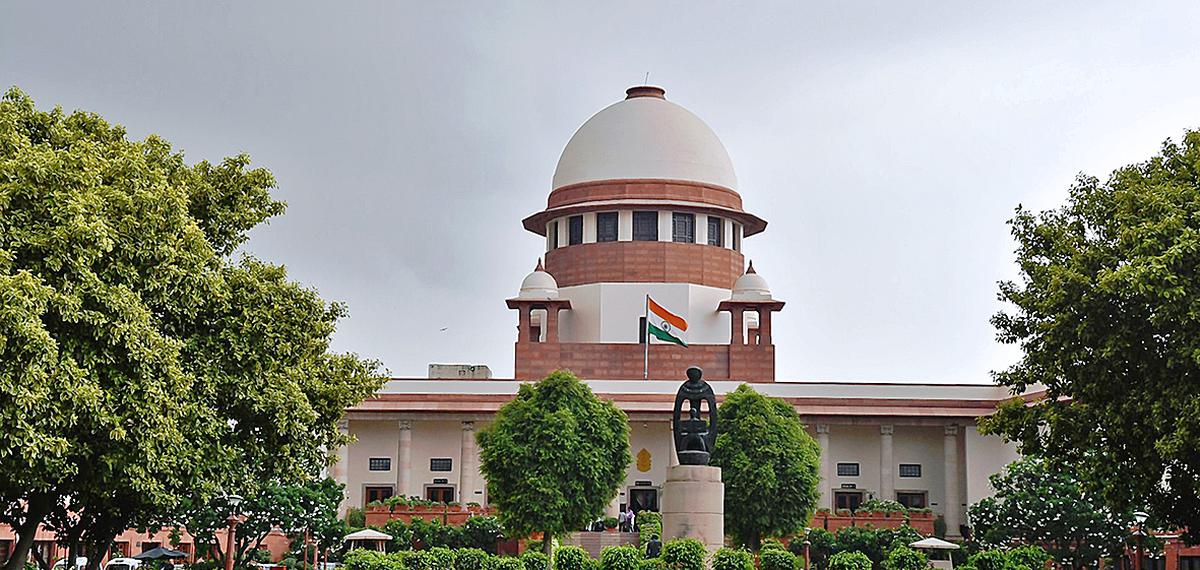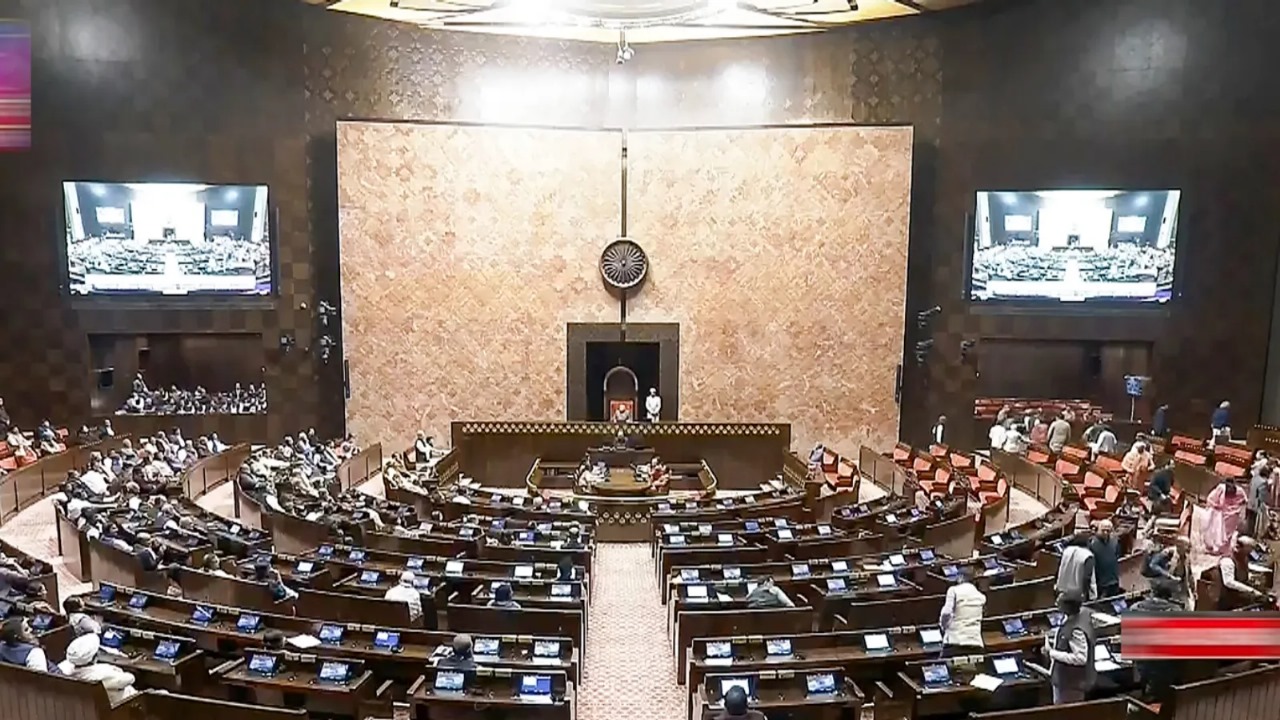 United Nations, Jun 14 : India is among almost 90 countries in the world which do not have national policies in place that ensure new fathers get adequate paid time off with their newborn babies, according to a new UNICEF analysis.
United Nations, Jun 14 : India is among almost 90 countries in the world which do not have national policies in place that ensure new fathers get adequate paid time off with their newborn babies, according to a new UNICEF analysis.
Almost two-thirds of the world’s children under one-year old – nearly 90 million – live in countries where their fathers are not entitled by law to a single day of paid paternity leave, the UN agency said.
India and Nigeria, which have high infant populations, are among the 92 countries which do not have national policies in place that ensure new fathers get adequate paid time off with their newborn babies.
The UN agency noted that around the world, momentum for family-friendly policies was growing. It cited the example of India, where officials are proposing a Paternity Benefit Bill for consideration in the next session of Parliament which would allow fathers up to three months of paid paternity leave.
Noting that much work remains to be done, UNICEF said in eight countries across the world, including the United States which is home to nearly four million infants, there was no paid maternity or paternity leave policy.
Other countries with high infant populations, including Brazil and Congo, all have national paid paternity leave policies, although offering relatively short-term entitlements.
“Positive and meaningful interaction with mothers and fathers from the very beginning helps shape children’s brain growth and development for life, making them healthier and happier, and increasing their ability to learn. It’s all of our responsibility to enable them to fill this role,” UNICEF Executive Director Henrietta Fore said.
Evidence suggests that when fathers bond with their babies from the beginning of life, they are more likely to play a more active role in the child’s development.
The research also suggests that when children positively interact with their fathers, they have better psychological health, self-esteem and life-satisfaction in the long-term, UNICEF said.
UNICEF urged governments to implement national family-friendly policies that support early childhood development, including paid paternity leave, to help provide parents with the time, resources and information they need to care for their children.
Earlier this year, UNICEF modernised its approach to parental leave provisions, with up to 16 weeks of paid leave for paternity across all of its offices worldwide – the first United Nations agency to extend such leave beyond the standard four weeks.
“We cannot be ‘For Every Child’, if we are not also ‘For Every Parent’. We have to ask more of governments and more of employers if we’re going to give fathers and mothers the time and resources they need to nurture their children, particularly during the earliest years of a child’s life,” Fore said.
The new analysis forms part of UNICEF’s ‘Super Dads’ campaign, now in its second year, which aims to break down barriers preventing fathers from playing an active role in their young children’s development.
The campaign celebrates Father’s Day – recognised in more than 80 countries in June – and focuses on the importance of love, play, protection and good nutrition for the healthy development of young children’s brains.

